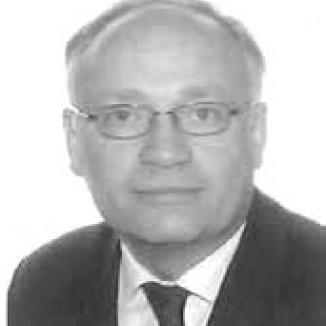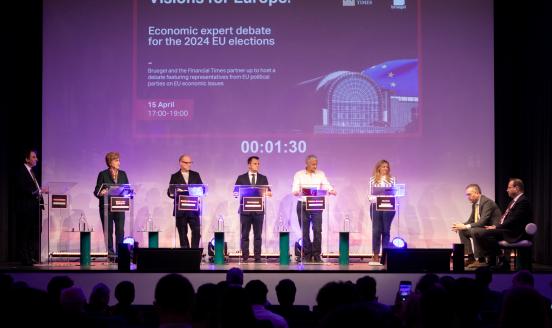Taking competitiveness seriously?
Establishing an independent competitiveness authority in each country of the euro area was a key recommendation in the Five Presidents' Report, but ho
Speakers
Luc Denayer
Secretary General, The Central Economic Council, Belgium,
Serge Allegrezza
Director general at DG Competitiveness - Ministry of the Economy, Luxembourg,
Franz Fayot
Member of Parliament, Chair of the parliamentary commission of Economic affairs, Parliament, Luxembourg,
Pierre Thielen
Policy advisor, Ministry of the Economy, Luxembourg,
J-C. Reding
President, Chambre des salariés, Luxembourg,
J-J. Rommes
Managing Director, Union des entreprises luxembourgeoises (UEL), Luxembourg,
H. Sneessens
Professor of Economics, Center for Research in Economics and Management - University of Luxembourg, Luxembourg,
Alexis Loublier
European Commission,
In the framework of our 10th anniversary celebrations, Bruegel is organising a series of events in the

capitals of our member states. These debates, talks and conferences will bring crucial European topics to audiences across the continent.
This event was jointly organised with the Competitiveness observatory of Luxembourg's Ministry of the Economy, and discussed the recent proposal of the five Presidents Juncker, Tusk, Dijsselbloem, Draghi and Schulz of setting up independent competitiveness authorities in each country of the euro area.
The proposal, originally developed by Bruegel, raises a number of issues that are worth discussing:
- How to define competitiveness?
- How do competitiveness boards interact with monetary and fiscal policies of the euro area (namely the “European semester”)?
- What role can they play in structural reforms?
- Can they reduce macroeconomic imbalances?
- How are these new independent authorities supposed to work?
- How to ensure the competitiveness of a country as well as the competitiveness of the euro area as a whole?
Note that this event was held in French.
Event Materials
Relevant Reading
Bruegel Policy Brief: Euro-area governance: what to reform and how to do it by André Sapir and Guntram Wolff





